Bachelor of Science in MathematicsSchool of Arts and Sciences
Solving complex problems in today’s world
Mathematics plays a fundamental role in the evolution of human culture and in our ability to comprehend the universe. In a world full of problems, mathematics offers the intellectual structure to develop an understanding of the phenomena that surrounds us. Mathematical reasoning is a deductive art, bringing creativity to mathematical truths. As a Bachelor of Science in Mathematics major at Edgewood College, you will emerge equipped to embark on a diverse career path spanning industries such as business, government, teaching, and research.
The pursuit of mathematics cultivates disciplined and abstract thinking, facilities the articulate expression of technical concepts, and nurtures creative problem-solving — essential attributes for impactful and adept leadership. Opting for a mathematics degree hones robust analytical abilities, skilled data organization, proficient communication, and creative problem solving. As you refine these skills, you will discover that careers in mathematics consistently garner high rankings in job satisfaction, salary, and working environments.
If you are interested in teaching mathematics in middle or high school, it is recommended that you take additional courses at the 300 or above level. Students then enroll in a post-baccalaureate licensure program, such as the Accelerated Secondary Program at Edgewood College.
Careers within Mathematics
$120,000
Average annual salary for an Actuary
A bachelor’s degree in mathematics prepares you for a variety of career paths. Careers with an asterisk (*) may require additional education.
- Actuary
- Data Scientist
- Economist*
- Engineer*
- Financial Analyst
- Market Research Analyst
- Mathematician/Statistician*
- Operations Research Analyst
- Personal Financial Advisor
Mathematics Student Spotlight
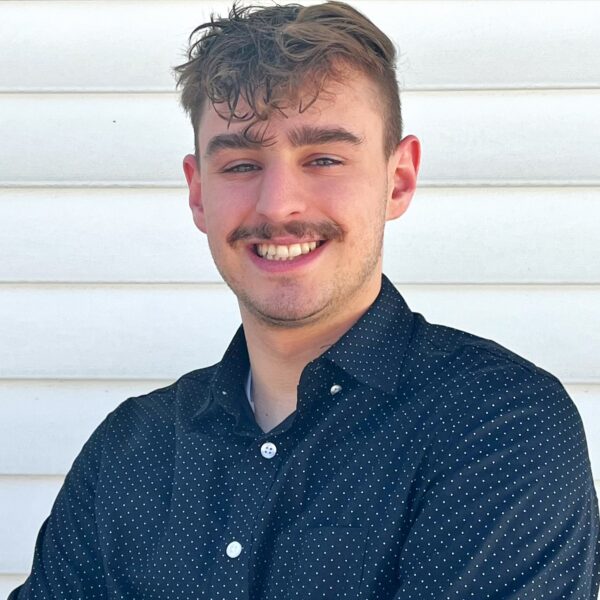
Quinton Gordon ’23
Bachelor of Science in Mathematics
“At Edgewood College, I found a welcoming community that fostered my passion for mathematics, providing challenging coursework and supportive faculty who encouraged my intellectual growth. The small class sizes allowed for engaging discussions and personalized attention that larger institutions cannot match. Through its comprehensive curriculum, which emphasized practical applications of mathematics, Edgewood College truly cultivated my love for the subject and prepared me for success in real-world situations.”
Featured Courses
This course introduces students interested in math or computer science to a level of abstraction and argumentation appropriate to those fields as well as providing some of the foundational mathematics and more importantly, way of thinking needed for success in either field. In addition, the course provides students the opportunity to see connections between the two fields such as those between symbolic logic and digital logic circuits or between recurrence and induction. Topics include: logic, methods of proof, sequences, induction, recursion, set theory, functions, relations, counting, probability, graphs, trees, analysis of algorithm efficiency.
Math 331 Differential Equations
Theory of ordinary differential equations with an emphasis on problems of the physical world which are modeled well by differential equations. Topics include first order equations, second order and higher linear equations, series solutions, and a brief introduction to numerical methods and partial differential equations as time permits.
An introduction to linear algebra including vector spaces, matrices, linear transformations, eigenvalues and eigenvectors; emphasis on gaining theoretical insights through computation, developing facility with elementary proof, and applying the concepts and computational methods to solve real world problems.
Mathematics Faculty Spotlights
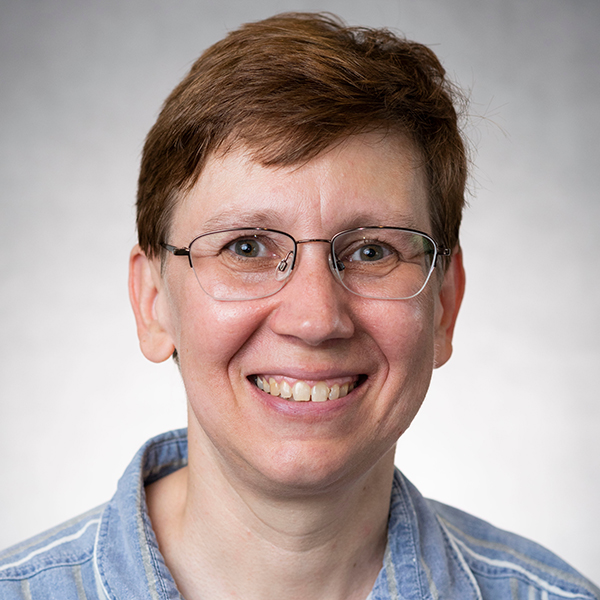
Susan Hollingsworth
Associate Professor | Mathematics Department
SHollingsworth@edgewood.edu
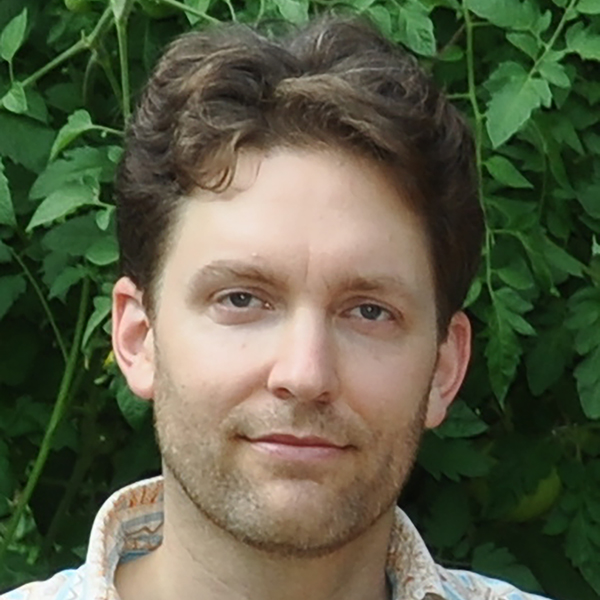
Matthew Bloss
Senior Lecturer, Mathematics Department
MBloss@edgewood.edu
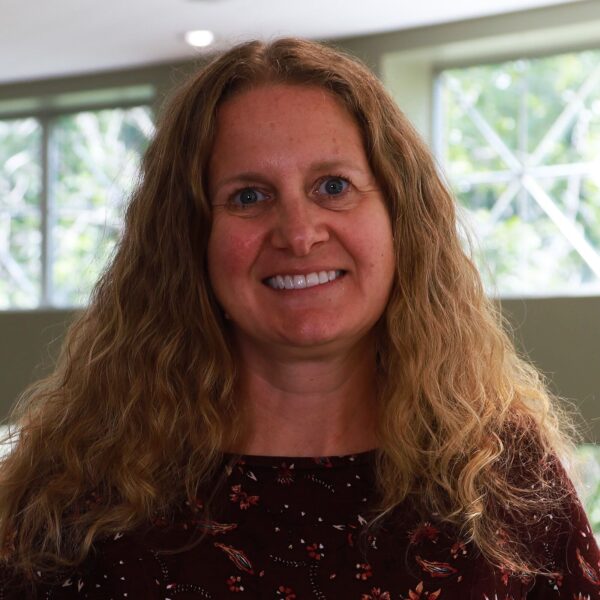
Aimee Nelson
Lecturer, Mathematics Department
AimeeNelson@edgewood.edu
Related Programs
-
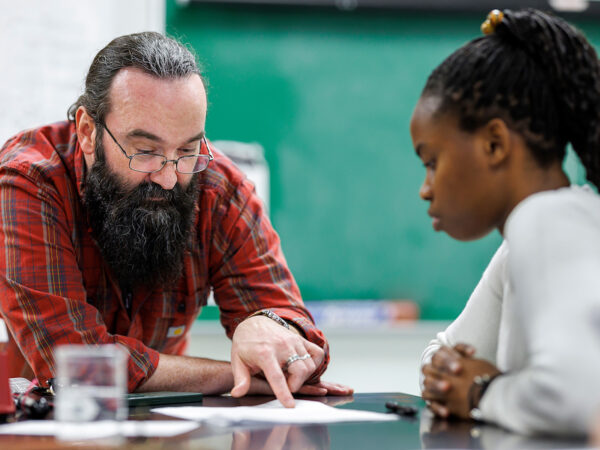
On-campus
Bachelor of Science in Physics -
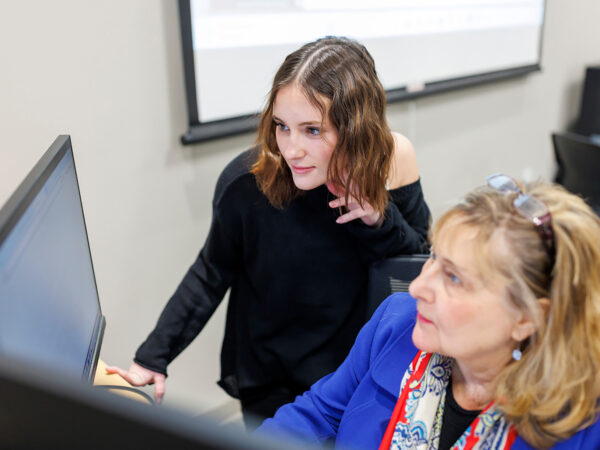
-
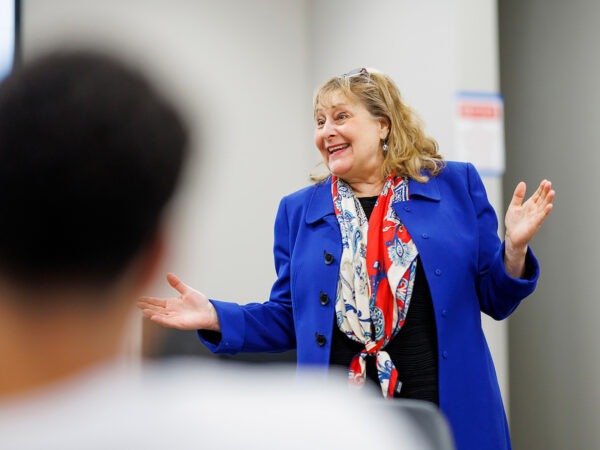
On-campus
Bachelor of Science in Business
-
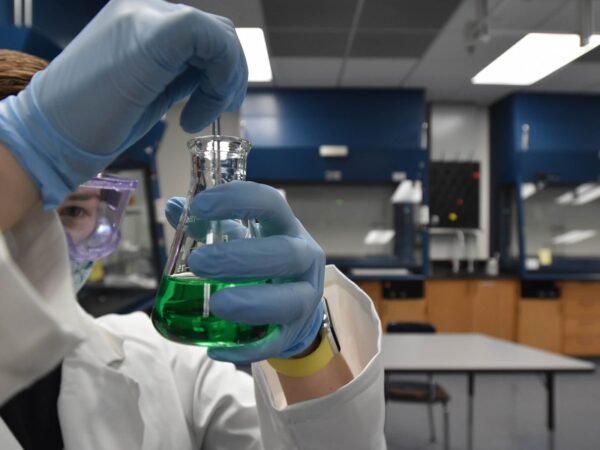
On-campus
Bachelor of Science in Chemistry -
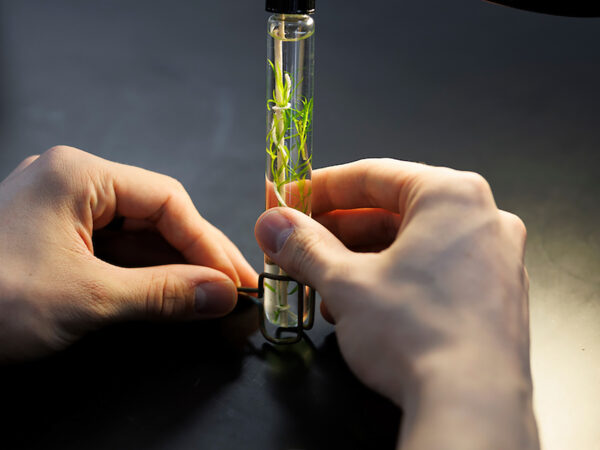
On-campus
Bachelor of Science in Biology -

On-campus
Bachelor of Science in Data Science